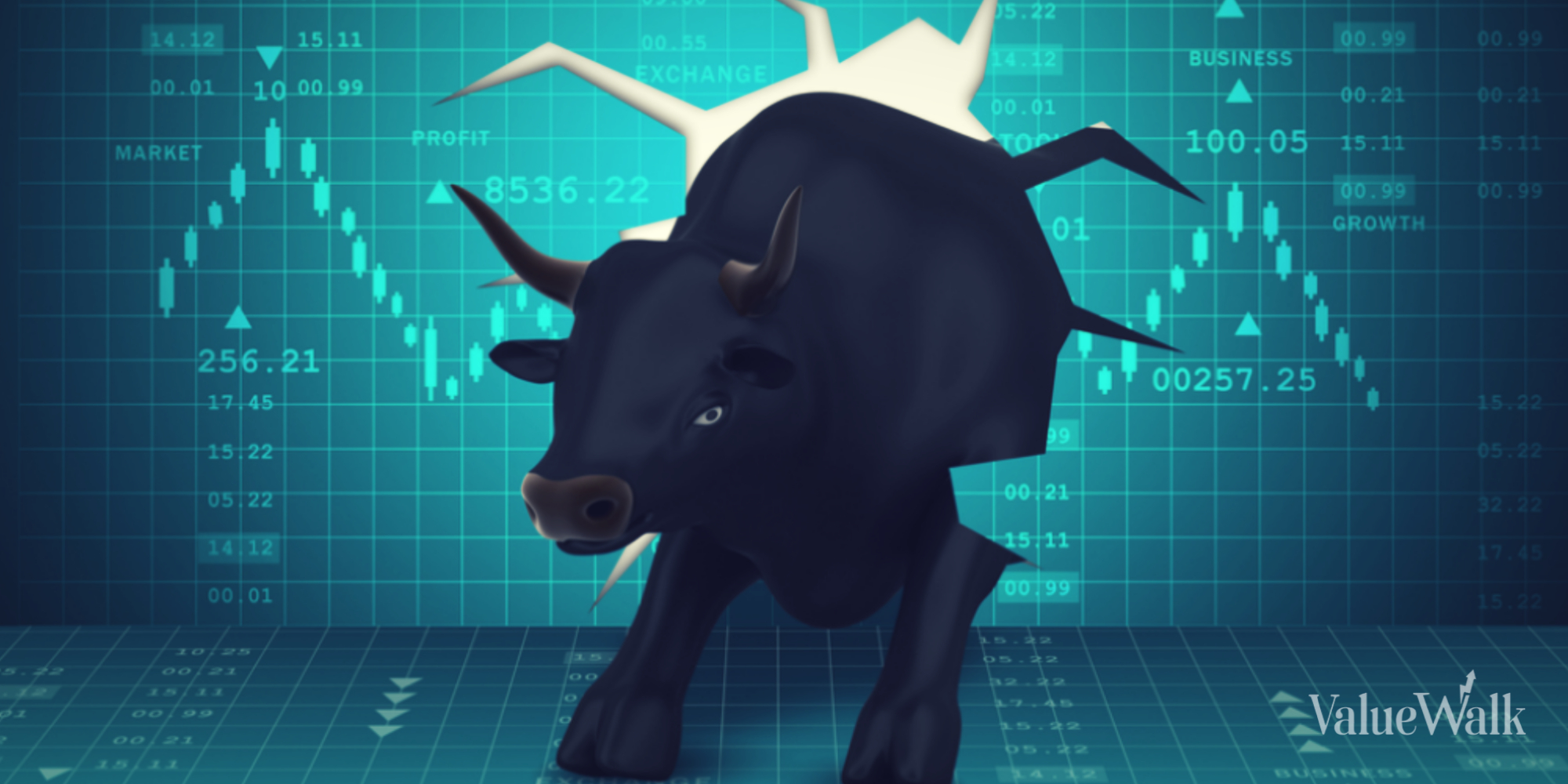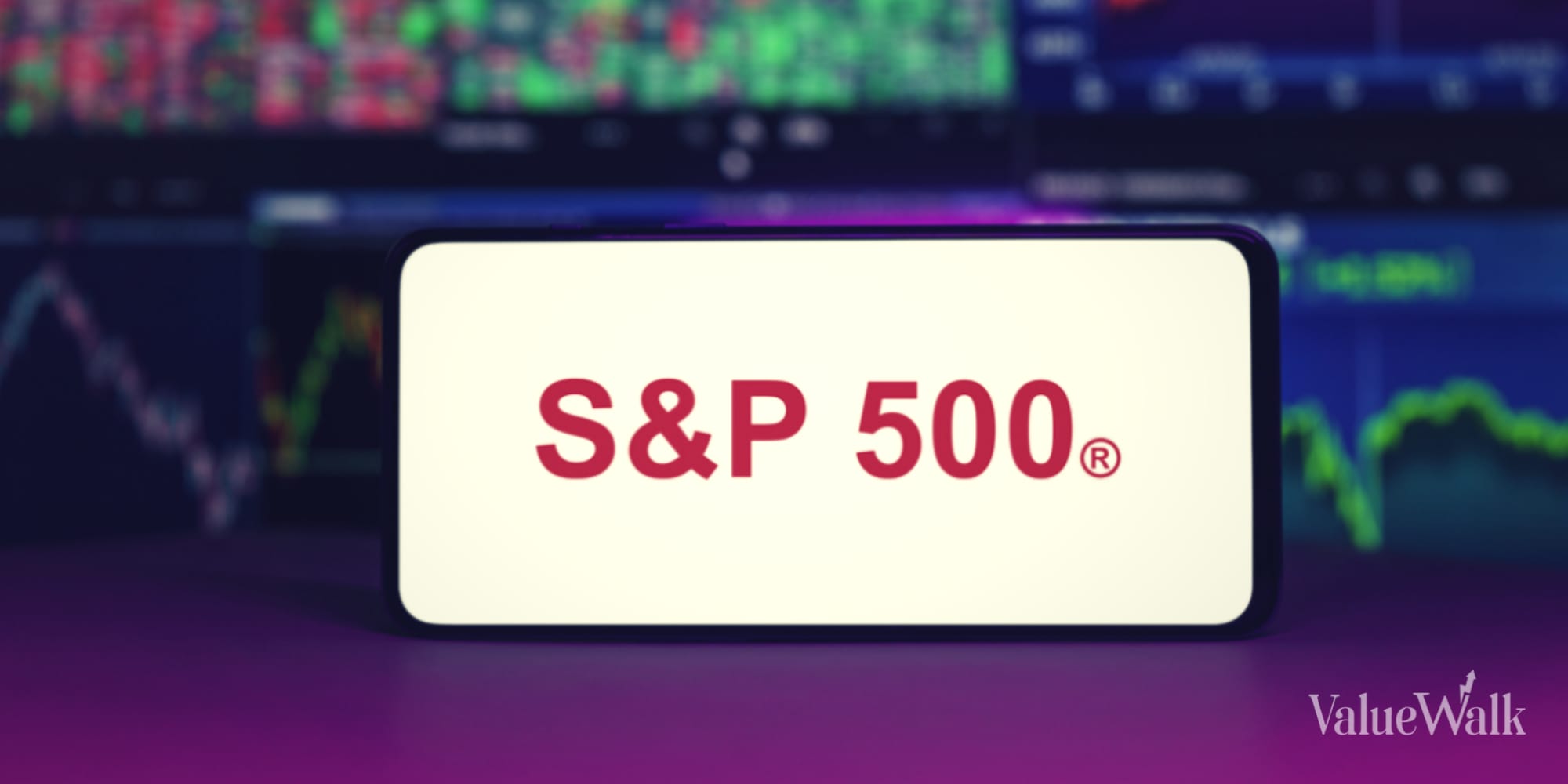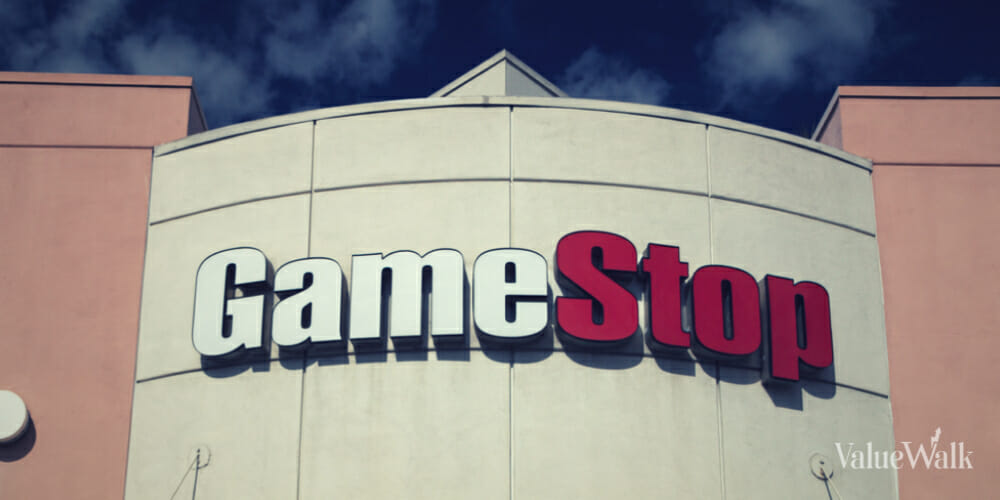I am always struggling with the question of how much blame to put on the Buy-and-Holders for pushing us onto the horrible path that we have all been walking down in recent decades. I like the Buy-and-Holders. I think they are smart. I believe that they made many valuable contributions.
I see that we need their help to get the train back on the track because they have great influence in this field. So I am highly motivated to develop charitable interpretations of how they came to make their tragic mistake.
Market Timing Is Always Required
I find it hard to believe that a group of people developing the Buy-and-Hold concept got together in a room and that one of them made a little speech about how they should pretend that they believed that market timing was not required even though it obviously was and that all of the others applauded. My Goon friends often accuse me of believing in conspiracy theories. That would be a conspiracy theory.
I respond to that charge by saying that loony-tunes idea that market timing is not required was the product of a conspiracy of ignorance. There once was a time when we didn’t know that market timing was required and so it was possible for intelligent people to get this one wrong. Once they got it wrong, they became insanely defensive about the mistake because it is such a stupid mistake and because it such a terrible mistake in that it causes failed retirements and economic collapses.
Ironically, as the mountain of evidence showing that market timing is always required grew larger and larger, the desire on the part of the Buy-and-Holder to keep the cover-up going grew more and more desperate. The time came when they found themselves associating with the sort of individuals who have posted in “defense” of Mel Lindauer and John Greaney. Not a place where they ever expected to end up when they applied for their first job in this field.
The Efficient Market Theory
How did it happen? I wasn’t there. All that I can do is speculate. I believe that it is important that we think this one through a bit because we are very much going to need to as a nation of people come clean on all these issues in the days following the onset of the next Buy-and-Hold Crisis. Say that the CAPE has dropped from 34 to 17. So we have seen a 50 percent price drop and stocks are finally selling at their fair-value prices. If we give ourselves permission to discuss the realities at that time, we would be able to avoid further price drops.
The rational thing in those circumstances would be for investors to respond to further price drops by increasing their stock allocations. Those purchases would bring prices back to somewhere near 17. That would stabilize our entire economic system at a time when we would be at risk of entering a Second Great Depression. Great depressions follow from Buy-and-Hold thinking. We want to get away from all that crazy stuff. The people who have advocated for Buy-and-Hold could help. A lot It would be counter-productive to assign them unjustified blame and to thereby alienate them and to cause them to adopt an event more defensive posture.
So what is the charitable explanation of what happened?
The Buy-and-Holders were greatly influenced by the Efficient Market Theory. The Efficient Market Theory is a bunch of blah-blah. I have never seen any evidence supporting it. It’s never been anything more than a theory. The proper thing to do with a theory is to test it. Shiller was the first one to test the theory and of course he found that it does not stand up to scrutiny. I believe that that came as a real shock to the Buy-and-Holders. They were properly proud of their efforts to turn investment analysis into an academic discipline and the Efficient Market Theory promised to do that. Lots of respected academic economists believe in the Efficient Market Theory to this day.
Please understand that, if the market really were efficient, the mispricing of stocks would be an impossibility market timing would not be needed to correct mispricing. We got on the wrong track because in the days before Shiller published his amazing research we just didn’t know how things worked and so we took a wild shot in the dark that turned out to be wildly wrongheaded. Then, because the mistake was so wrongheaded and dangerous, we became insanely defensive about owning up to it. And here we are.
Market Timing Is Price Discipline
Another big part of it is that the Buy-and-Holders were sloppy distinguishing short-term timing (trying to profit from a guess about when prices will turn in a new direction) and long-term timing (changing one’s stock allocation in response to price shifts with the aim of keeping one’s risk profile stable). Short-term timing really does not work. Long-term timing always works and is always required. When Buy-and-Holders started to feel unsure of their relentless criticism of market timing, their inclination was to remind themselves of all the reasons why short-term timing doesn’t work, which really do apply.
Please keep in mind that, when people in this field hear the word “timing,” it is always short-term timing that comes to mind. Long-term timing only works with broad index funds and broad index funds were not much of a thing until the 1970s. While the mistake that the Buy-and-Holders made seems dumb from our far more informed 2023 perspective, they were trying to think things through in the 1960s and 1970s. Perhaps we would have made the same mistake if we had been around in those days.
They didn’t see that market timing is price discipline! My guess is that many of the people who developed the Buy-and-Hold concept had doubts about it at the time it was being developed. They were too smart not to have had doubts. But there were pressures to come up with the first research-based model and Buy-and-Hold seemed to be the best that could be done. And they didn’t appreciate the downside because they didn’t realize that leaving market timing out of the story meant leaving price discipline out of the story.
The importance of market timing seems obvious to me now. But there was a time when it was not at all obvious to me. I was a Buy-and-Holder on the morning of May 13, 2002. It wasn’t until the evening of August 27, 2002, when Greaney advanced his first death threat and over 200 Buy-and-Holders endorsed it that it hit me that this stuff if all a crock. The dangers of Buy-and-Hold become obvious when everything clicks. The people who developed Buy-and-Hold weren’t put through the pressure cooker that caused things to click for me. I’m so lucky!
Rob’s bio is here.





